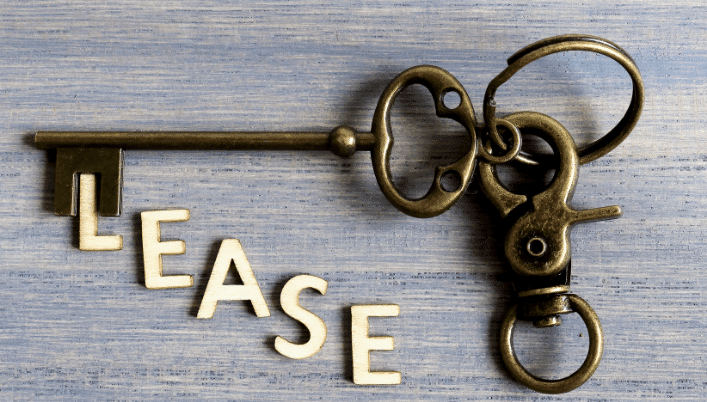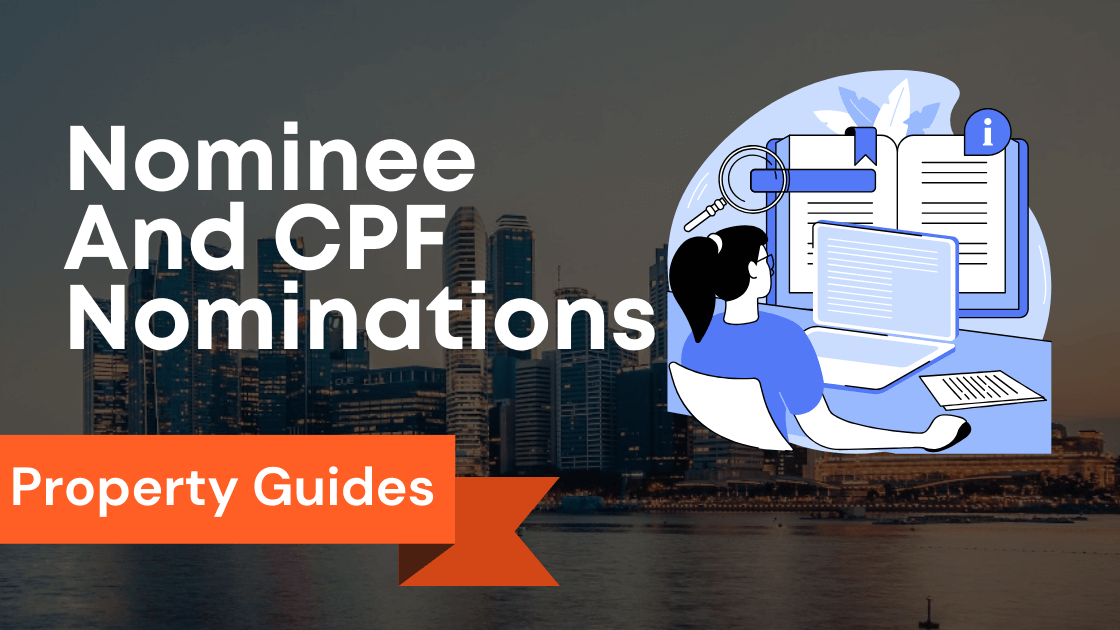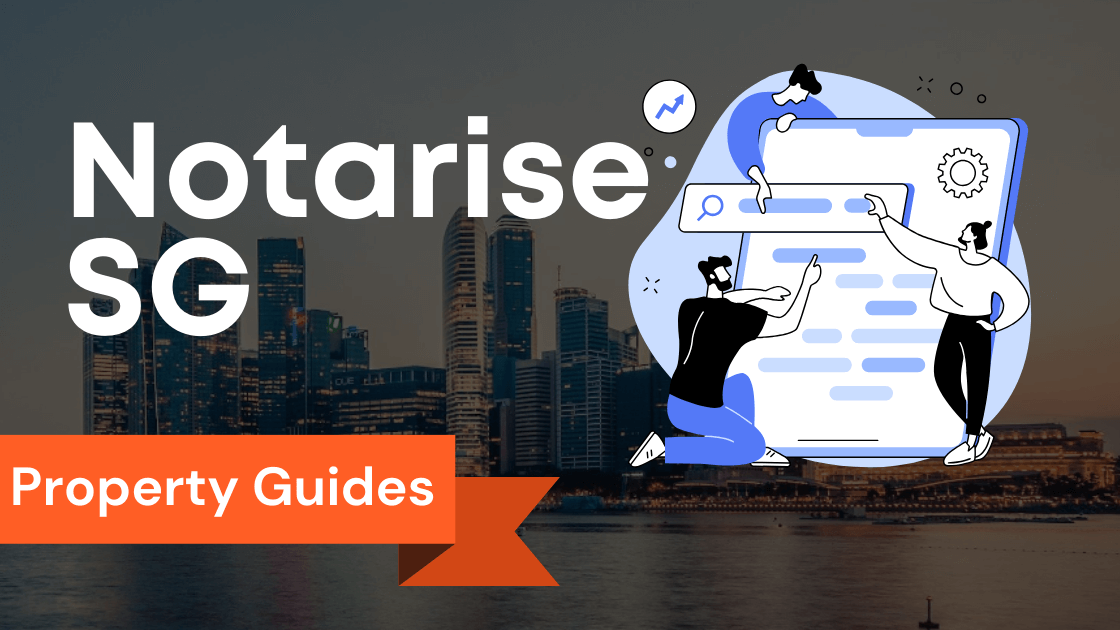NNN Lease (Triple Net Lease)

What is an NNN Lease?
An NNN lease, also known as a Triple Net Lease, is a type of lease commonly used in commercial real estate.
In this lease structure, the tenant is responsible for not only paying the rent but also for covering the operating expenses of the property, including property taxes, property insurance, and maintenance costs.
Unlike other types of leases where the landlord bears some or all of these expenses, an NNN lease shifts the financial responsibility to the tenant.
This arrangement is typically seen in long-term leases and is popular among investors and property owners.
There are various types of NNN leases, including absolute NNN leases, bondable leases, and hybrid leases.
Each type has its terms and conditions, but they all share the common characteristic of transferring a significant portion of financial risk from the landlord to the tenant.
Advantages of NNN Leases for Landlords
For landlords, NNN leases offer several advantages.
Firstly, it allows them to have a predictable stream of rental income, as the tenant is responsible for paying not only the rent but also the property expenses.
This reduces the financial risk for the landlord and provides stability in cash flow.
Additionally, NNN leases relieve the landlord from the day-to-day management of the property, as the tenant takes on the responsibility of maintenance and repairs.
This frees up the landlord’s time and resources to focus on other investment opportunities.
Furthermore, NNN leases attract long-term tenants who are invested in the success of their business.
These tenants are more likely to maintain the property and have a vested interest in its upkeep, resulting in less wear and tear.
Advantages of NNN Leases for Tenants
Tenants also benefit from NNN leases.
By taking on the responsibility of property expenses, tenants have more control over their monthly costs and financial obligations.
They can budget accordingly and avoid unexpected expenses.
Furthermore, tenants benefit from having a stable source of income for their business, as they can accurately forecast their monthly expenses.
This allows them to focus on their core operations without the burden of managing property-related financial obligations.
http://www.youtube.com/watch?v=-MmQDgGH0Lo
In summary, NNN leases provide a win-win situation for both landlords and tenants.
Landlords enjoy a steady stream of rental income, reduced financial risk, and less management responsibility.
Tenants benefit from stable monthly costs and the ability to control their financial obligations.
Key Takeaways
- NNN Lease Defined: An NNN lease, or Triple Net Lease, is commonly used in commercial real estate, where tenants pay rent and cover property expenses like taxes, insurance, and maintenance.
- Varieties of NNN Leases: Different types of NNN leases include absolute NNN, bondable, and hybrid leases, each with distinct terms and conditions.
- Benefits for Landlords: NNN leases provide landlords with predictable rental income, reduced financial risk, and less property management responsibility.
- Benefits for Tenants: Tenants benefit from NNN leases by gaining control over their monthly costs, stable income for their businesses, and the ability to focus on core operations.
- Types of Net Leases: NNN leases are a part of the broader category of net leases, which also include single net and double net leases, where tenants cover different portions of operating expenses.
- Negotiating a Triple Net Lease: When negotiating a triple net lease, consider key terms like lease agreement details, tenant’s responsibilities, landlord’s rights, and property management.
- Common Pitfalls to Avoid: Be aware of additional expenses, the impact of natural disasters, the financial strength of both parties, and pro-rata expense sharing.
- Tips for a Successful Negotiation: To succeed in negotiating a triple net lease, clarify rent and utilities, discuss property management, analyze cash flows, and understand financial responsibilities.
- Gross Lease vs. Net Lease: Net leases, such as NNN leases, differ from gross leases as they transfer property expense responsibility to the tenant, providing more control to tenants.
- Choosing the Right Lease: The choice between gross, net, or NNN leases depends on the type of asset, individual needs, and financial goals. Seeking professional advice is essential.
- Elements of a Real Estate Lease: Leases have essential elements such as lease agreements, costs, responsibilities, and different lease types. Understanding these elements is crucial for both landlords and tenants.
- Common Types of Real Estate Leases: Other common lease types include full-service/gross leases, “Net-Net” leases, and the popular “Triple-Net” leases, each with distinct advantages and disadvantages.
- Drafting a Real Estate Lease: Properly drafting a lease involves clear terms on rent, lease duration, security deposits, and provisions for property management, renewals, and dispute resolution. Consulting legal professionals is essential.
Types of Net Leases: Single Net Lease, Double Net Lease, Commercial Lease, Gross Lease

Single Net Lease
When it comes to net leases, the single net lease is a common option for tenants and landlords.
In a single net lease, the tenant is responsible for paying the base rent plus a portion of the property’s operating expenses.
These operating expenses typically include property taxes, insurance, and maintenance costs.
The tenant is responsible for paying a single net amount, while the landlord assumes responsibility for other expenses.
This type of lease is often used in commercial real estate, where a single tenant leases the entire property.
The tenant’s lease payment is generally calculated based on a percentage of their sales or a fixed amount in addition to the base rent.
This type of lease allows the landlord to pass some of the property’s operating expenses onto the tenant, reducing their financial burden.
Double Net Lease
In a double net lease, also known as a NN lease or net-net lease, the tenant is responsible for paying the base rent and a portion of the property’s operating expenses.
However, unlike a single net lease, the tenant is responsible for two of the three net expenses: property taxes and insurance.
The landlord typically pays for maintenance costs.
This type of lease is common in commercial real estate, especially for properties with multiple tenants.
The tenant’s lease payment is usually calculated based on their pro-rata share of the property’s expenses, which is determined by their leased square footage compared to the total leased square footage of the property.
This type of lease allows the landlord to reduce their financial risk by sharing the expenses with the tenants.
Triple Net Lease (NNN)
The triple net lease, or NNN lease, is the most common type of net lease.
In a triple net lease, the tenant is responsible for paying the base rent, as well as all three of the net expenses: property taxes, insurance, and maintenance costs.
The tenant assumes full financial responsibility for the property, including any capital investments required for improvements or repairs.
This type of lease is frequently used in commercial real estate, especially for single-tenant properties.
It provides the landlord with a stable income stream while shifting the financial burden of operating expenses to the tenant.
The tenant benefits from having more control over the property and the potential for long-term stability.
http://www.youtube.com/watch?v=z1rSLhp5oU8
Overall, net leases offer flexibility for both tenants and landlords by allowing them to customize their lease agreements based on their specific needs and financial situations.
Tenants have the opportunity to manage their expenses more effectively, while landlords can reduce their financial risk and generate reliable income from their properties.
Negotiating a Triple Net Lease

When it comes to commercial real estate leases, a NNN Lease, also known as a Triple Net Lease, can offer a favorable arrangement for both the landlord and the tenant.
In this type of lease, the tenant assumes responsibility for not only the rent but also the property expenses, including taxes, insurance, and maintenance.
If you are considering negotiating a triple net lease in Singapore, here are some key points to keep in mind.
Key Terms to Consider
To negotiate a triple net lease that suits your needs, it is important to consider the following key terms:
- Lease Agreement: Carefully review all the terms and conditions of the lease agreement, including the lease term, rental income, and responsibilities of both the tenant and the landlord.
- Tenant is Responsible: Understand the extent of the tenant’s responsibility for property expenses, such as taxes, insurance, and maintenance.
- Landlord May: Be aware of any rights that the landlord may have, such as the ability to increase rent or terminate the lease.
- Property Management: Clarify who will be responsible for property management, especially if the property is part of a larger complex or shopping center.
Common Pitfalls to Avoid
During lease negotiations, it is important to be aware of common pitfalls that can affect your financial obligations:
- Additional Expenses: Make sure to clarify which additional expenses, such as property taxes or insurance, the tenant is required to pay.
- Natural Disaster: Consider how a natural disaster could impact your financial responsibility, as most triple net leases require tenants to cover the cost of repairs and damages.
- Financial Strength: Assess the financial strength of both the tenant and the landlord, as this can affect their ability to fulfill their obligations under the lease.
- Pro-rata Share: Understand how expenses will be divided among multiple tenants in a commercial building or shopping center.
Tips for a Successful Negotiation
To ensure a successful negotiation of a triple net lease, consider the following tips:
- Rent and Utilities: Clearly define the rent and utilities that the tenant will be responsible for to avoid disputes in the future.
- Property Management: Discuss the responsibilities of property management, particularly if you are leasing retail space in a shopping mall.
- Cash Flows: Analyze the cash flows of the property and ensure that the lease aligns with your financial goals.
- Financial Responsibility: Understand your financial responsibility in terms of repairs, maintenance, and improvements to the property.
By carefully considering these key points and following the tips outlined above, you can negotiate a triple net lease that meets your business needs and provides a mutually beneficial arrangement for both parties involved.
Commercial Real Estate Leases

When it comes to leasing commercial real estate, there are different types of leases that landlords and tenants can enter into.
Two common types are gross leases and net leases.
In Singapore, one popular type of net lease is the NNN lease, which stands for Triple Net Lease.
In this article, we will explore the features of NNN leases and how they work in the Singaporean real estate market.
Gross Lease vs. Net Lease
In a gross lease, the tenant pays a fixed amount of rent to the landlord, who then assumes responsibility for all property expenses such as property taxes, insurance, and maintenance.
On the other hand, a net lease, like an NNN lease, shifts some or all of these expenses onto the tenant.
In an NNN lease, the tenant is not only responsible for paying rent but also for property taxes, insurance, and maintenance.
One benefit of an NNN lease is that it allows the landlord to have a predictable income stream since the tenant is responsible for these additional costs.
For tenants, an NNN lease can provide more control over their commercial space, as they can make decisions regarding property expenses and repairs.
Different Types of Commercial Real Estate Leases
In addition to NNN leases, there are other types of commercial real estate leases, such as gross leases, percentage leases, and ground leases.
These lease types are often used for different types of properties and investment strategies.
Real estate investment trusts (REITs), for example, often use net leases for retail properties, while vacant properties may be leased on a gross lease basis.
When considering a commercial lease, it is important to understand the actual cost of the lease, including any maintenance fees or common area expenses.
It is also essential to review the terms and conditions of the lease, such as rent payment schedules and any restrictions or obligations imposed on the tenant.
How to Choose the Right Lease for Your Needs
Choosing the right lease depends on various factors, including the type of asset being leased and the specific needs of the tenant.
Residential tenants, for example, may prefer a gross lease where the landlord takes care of maintenance and other expenses.
On the other hand, a business looking for long-term stability may opt for a ground lease or a bondable NNN lease.
It is also essential to consider lease accounting standards and seek professional advice to ensure compliance and clarity in financial reporting.
In conclusion, understanding different types of commercial real estate leases, such as NNN leases, can help both landlords and tenants make informed decisions.
Each lease type has its advantages and considerations, so it is important to assess individual needs and goals before signing any contractual agreement.
Real Estate Lease

Essential Elements of a Real Estate Lease
When it comes to real estate leases, there are several essential elements that both landlords and tenants should be aware of.
These elements include lease agreements, negotiations, promises to pay, expenses associated with a property, lease costs, and the pros of different lease types.
During lease negotiations, both parties must agree on the terms and conditions of the lease agreement.
The lease agreement outlines the responsibilities of each party, such as the duration of the lease, rental payments, maintenance obligations, and any other relevant terms.
It is crucial for both parties to carefully review the lease agreement to ensure clarity and fairness.
One important factor to consider is the cost associated with the lease.
The lease may include base rent, operating expenses, and taxes.
Understanding these costs is essential for budgeting purposes and determining the feasibility of the lease.
Common Types of Real Estate Leases
There are several common types of real estate leases, including full-service/gross lease, “Net-Net” lease, and the popular “Triple-Net” lease.
Each type has its advantages and disadvantages for both landlords and tenants.
A full-service/gross lease is a lease in which the landlord covers all operating expenses, including maintenance, insurance, and property taxes.
This lease type provides simplicity and convenience for tenants.
A “Net-Net” lease requires the tenant to pay for property taxes and insurance, in addition to the base rent.
This lease type can be beneficial for landlords as it transfers some financial responsibilities to the tenant.
The “Triple-Net” lease, also known as an NNN lease, is commonly used in commercial real estate.
With this lease, the tenant is responsible for paying property taxes, insurance, and maintenance expenses, in addition to the base rent.
This lease type provides long-term stability for the landlord and greater control for the tenant.
How to Draft a Real Estate Lease
Drafting a real estate lease involves careful consideration of various factors.
The lease should clearly outline the responsibilities of both the landlord and tenant to ensure a smooth and fair agreement.
The lease should include key terms such as the base lease rate, lease duration, security deposit requirements, and any additional lease terms specific to the property.
Both parties should also consider including provisions that address the management of the property, renewal options, and dispute resolution procedures.
When drafting a commercial lease, it is essential to consult legal professionals experienced in commercial lease agreements.
This ensures that the lease structure complies with local laws and protects the interests of both parties.
In conclusion, understanding the essential elements of a real estate lease, the different lease types, and how to properly draft a lease agreement is critical for both landlords and tenants.
By having a clear and comprehensive lease in place, both parties can protect their rights and ensure a successful rental experience.
Conclusion
Triple Net Lease Singapore
A triple net lease is a common type of commercial lease that is widely used in Singapore and other parts of the world.
It is also known as a net lease, and it refers to a lease agreement in which the tenant is responsible for paying property taxes, insurance premiums, and other expenses associated with operating the property in addition to the rent.
One of the key advantages of a triple net lease is that it allows the landlord to transfer some of the financial burdens of property ownership to the tenant.
By requiring the tenant to pay property taxes and insurance premiums, the landlord can minimize their expenses and maximize their profits.
However, it’s important to note that not all leases are triple net leases.
There are other types of commercial leases, such as single net leases and double net leases, which involve different levels of responsibility for the tenant.
Triple net leases generally place the most financial burden on the tenant.
The length of the lease and the specific terms outlined in the agreement will determine the costs associated with operating the property.
In a triple net lease, the tenant agrees to pay not only the rent but also the property taxes, insurance premiums, and maintenance costs for the property.
While triple net leases are commonly used in commercial real estate, they may not be suitable for all situations.
Some businesses prefer to lease properties on a full-service basis, where the landlord assumes responsibility for all expenses.
This type of lease is usually more expensive for the tenant, but it offers convenience and peace of mind.
In conclusion, a triple net lease in Singapore is a type of commercial lease that involves the tenant paying property taxes, insurance premiums, and other additional expenses associated with operating the property.
The landlord is ultimately responsible for these expenses, but they are passed on to the tenant through the terms of the lease.
It’s important for both landlords and tenants to carefully consider the terms of the lease and understand how triple net leases work before agreeing.
Frequently Asked Questions
What is a triple net lease?
A triple net lease is a lease agreement where the tenant is responsible for paying all expenses related to operating the property, including real estate taxes, property insurance premiums, and property maintenance costs.
How does a triple net lease differ from other lease types?
A triple net lease differs from other lease types such as single net lease or double net lease in that it places the majority of financial responsibility on the tenant, rather than the landlord.
What are the benefits of a triple net lease for the landlord?
The main benefit of a triple net lease for the landlord is that they are relieved of the financial responsibilities associated with operating the property.
The tenant is responsible for most expenses, allowing the landlord to have a predictable income stream without having to worry about the costs of maintaining the property.
What are the benefits of a triple net lease for the tenant?
The benefits of a triple net lease for the tenant include the potential for lower rent compared to other types of leases, as well as the opportunity to have more control over the property.
Additionally, tenants who are interested in lease investments may find triple net leases to be a favorable option.
What expenses are typically covered by a triple net lease?
Expenses typically covered by a triple net lease include real estate taxes, property insurance premiums, and property maintenance costs.
These expenses are the responsibility of the tenant.
What is the difference between a triple net lease and an absolute net lease?
While both triple net lease and absolute net lease place financial responsibilities on the tenant, an absolute net lease typically includes all expenses associated with the property, including structural repairs and capital expenditures.
What are the common lease structures for commercial properties?
The common lease structures for commercial properties include gross lease, net lease, and triple net lease.
A gross lease is where the landlord is responsible for all expenses, a net lease is where the tenant pays a portion of the expenses, and a triple net lease is where the tenant is responsible for the majority of expenses.
What are some considerations for landlords when entering into a triple net lease agreement?
Landlords should consider the creditworthiness of the tenant, as well as the financial stability of their business.
It is important to thoroughly review the terms and conditions of the lease to ensure that both parties are protected.
What are some risks associated with triple net lease investments?
Some risks associated with triple net lease investments include the potential for tenant default or bankruptcy, as well as fluctuations in real estate taxes and insurance premiums.
Investors need to conduct thorough due diligence and consider the potential risks before entering into a triple net lease investment.
Can a triple net lease be used for residential properties?
Triple net leases are typically used for commercial properties rather than residential properties.
However, a landlord and tenant can negotiate a triple net lease agreement for a residential property, although it is less common.












